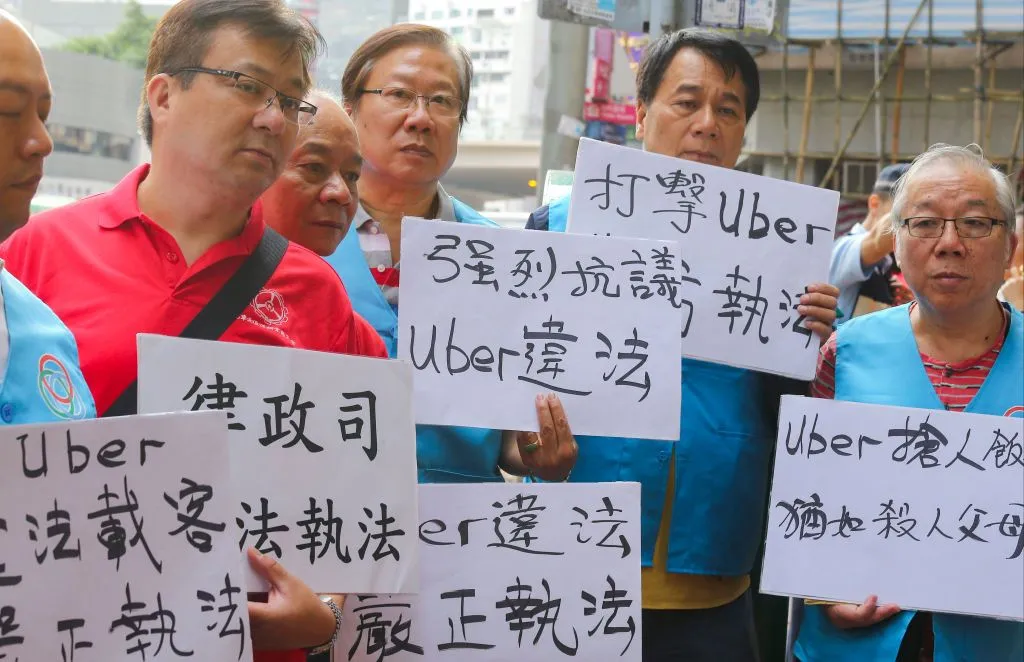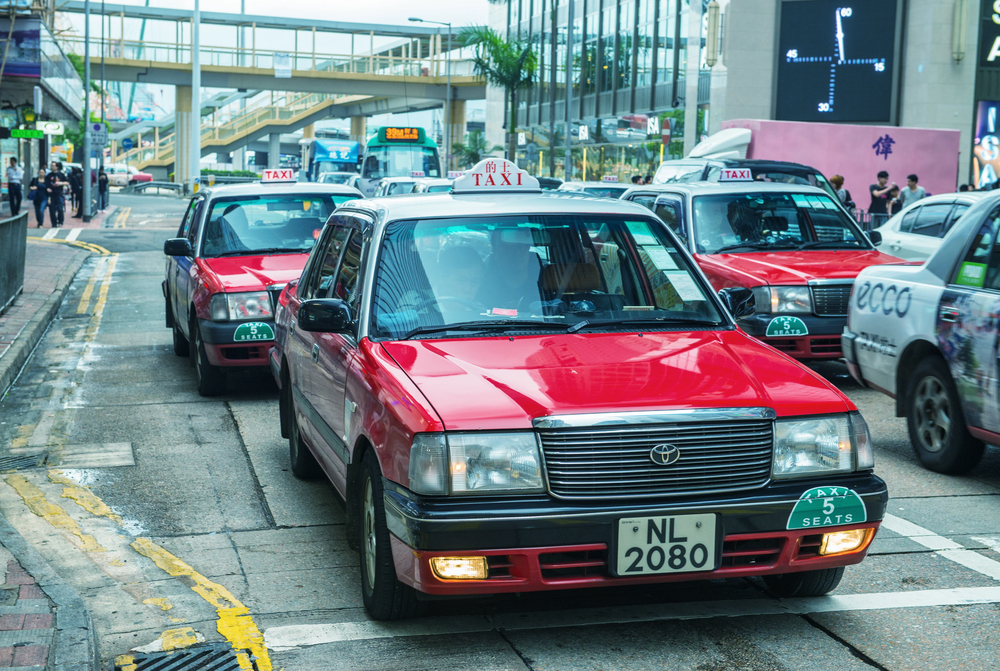Business owner Louis Ho recalls the frustration of being repeatedly refused by taxi drivers when trying to take his wheelchair-bound mother to the hospital. His experience is not unique among Hong Kong residents, who frequently cite the Hong Kong taxi industry challenges as a major source of frustration in the city.
Common Complaints and Public Perception of Hong Kong Taxi Services
Common complaints about Hong Kong’s cab drivers include rudeness, refusal to accept rides, and taking longer routes to increase fares. This negative perception has prompted the Hong Kong Taxi Council to launch an initiative aimed at improving the industry’s image. “Courtesy ambassadors” armed with best-practice pamphlets will be deployed to taxi stands across the city.
However, the impact of this campaign is uncertain. Ryan Wong, chairman of the Hong Kong Taxi Council, acknowledges that transforming the behavior of approximately 46,000 taxi drivers will not happen overnight. Yet, he remains optimistic, citing positive feedback from previous efforts.

Many Hong Kong residents remain skeptical. A viral video clip of a taxi driver insisting that passengers, rather than drivers, need education, has only deepened doubts about the effectiveness of the campaign.
Personal Experiences with Taxis
Amy Ho, who stopped using taxis after a particularly unpleasant encounter, recalls being berated by a driver for taking a short journey and fumbling with her cash payment. Her experience is not uncommon, as many passengers avoid taxis altogether, opting instead for alternative transportation options.
Amy Ho stopped using taxis after a particularly unpleasant encounter. She recalls being berated by a driver for taking a short journey and fumbling with her cash payment. Her experience is not uncommon, as many passengers avoid taxis altogether, opting for alternative transportation options.
IT worker Kenny Tong now only takes a cab about three times a month. He describes the frustrating process of hailing a taxi. He often has to bow and wait. The driver lowers the car window, and he checks if his destination aligns with the driver’s route. Some drivers grumble throughout the journey. Many still rely on passengers for directions, despite having multiple phones on their dashboards.
Filing complaints against taxi drivers is time-consuming. However, the Transport Advisory Committee received around 11,500 complaints last year, an 11% increase from 2019. Yet, only a small fraction of these complaints result in prosecution.
Systemic Issues in the Hong Kong Taxi Industry
The Hong Kong taxi industry challenges extend beyond poor behavior. High operational costs, competition from ride-hailing apps like Uber, and bureaucratic hurdles contribute to the struggles faced by taxi drivers. With about 18,000 taxi licenses in the city, many are held as investments and rented out to drivers at high rates. A typical 12-hour daytime shift costs a driver around HK$500, excluding fuel. On average, a driver earns between HK$500 and HK$800 per day.
Veteran taxi driver Leung Tat Chong explains that the pressure to make a living during rush hours leads some drivers to become impatient and less focused on service quality. Competition from Uber, despite being officially illegal in Hong Kong, has gained widespread popularity. Half of the city’s population of 7.5 million has reportedly used the platform.
The taxi industry has called on the government to crack down on Uber, arguing that its drivers are not subject to the same regulations as taxi drivers. However, a recent vigilante sting operation against Uber drivers by taxi operators attracted backlash from the public, many of whom prefer Uber for the better riding experience.
Future Reforms and Challenges
The taxi industry struggles to attract new drivers, with the average age of current drivers nearing 60. According to Chau Kwok-keung, chairman of the Hong Kong Taxi and Public Light Bus Association, low-income prospects are a significant deterrent. Taxi fare increases are infrequent. In 2023, the average income of an urban taxi driver was about HK$22,000, slightly higher than the city’s median income. Chau suggests that the government should implement stricter requirements and provide better training to improve the profession’s image.
Despite the challenges, changes are on the horizon for Hong Kong’s taxi industry. A demerit-point system will be introduced in September, potentially leading to license suspensions for misbehaving drivers after a court conviction. Additionally, a taxi fleet system, featuring online booking, personal rating systems, and digital payment, will be launched with five new licenses issued to participating fleets.
As these reforms take shape, both drivers and passengers are cautiously optimistic. “If we provide good service, the industry will grow and there will be more passengers,” says Mr. Leung.

